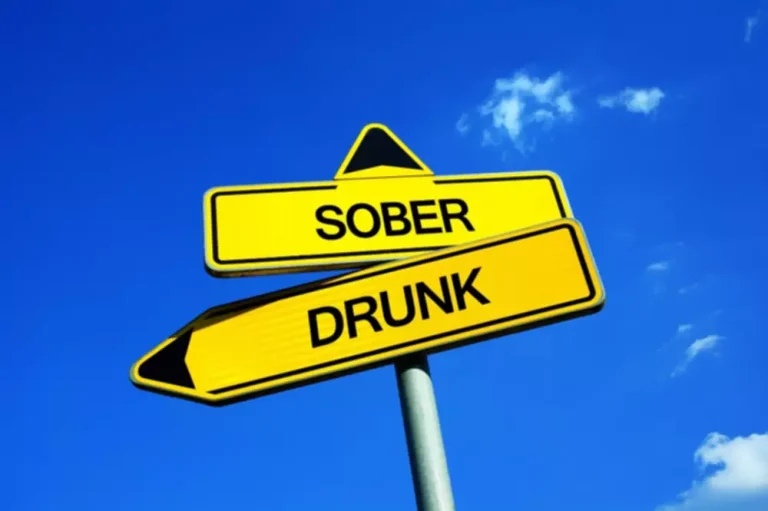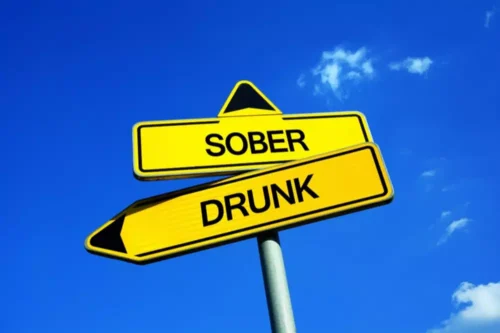
When psychosis is suspected, a general physical and neurological exam should be performed to exclude medical causes such as subdural hematoma, seizures, or hepatic encephalopathy—any of which may be a consequence of AUD. Again, it’s important to create a timeline of mental health symptoms and alcohol use and to collaborate as needed with mental health specialists for selection of pharmacotherapies and psychosocial interventions. PTSD is characterized primarily by alterations in arousal and recurrent intrusive thoughts that follow a traumatic event.
Anxiety and Alcohol Use Disorder
Many randomized trials have investigated treatments for co-occurring AUD and depressive disorders. In this section, trials that used medication and psychotherapy treatments are discussed, as are the effects of those treatments on depressive symptoms and AUD symptoms. Depression and anxiety can run in families, and stressful life situations, such as poverty, trauma or abuse, can influence your risk for both conditions, according to the Mayo Clinic and other researchers. Genetics and past experiences are out of your control, but there are several risk factors you can change.

Data availability
Whether you’re experiencing depression or not, it’s essential to evaluate your drinking habits and consider why you drink, when you drink, and how you feel when you drink. Depending on your intoxication level, you may experience decreased inhibition, loss of judgment, confusion, and mood swings, among others. “In our society alcohol is readily available and socially acceptable,” says Jill Bolte Taylor, PhD, author of Whole Brain Living, explains.
The Link Between Binge Drinking, Anxiety, and Depression

But what do you do when your friends start pouring the pressure as freely as the drinks? Diaz highlights the importance of filling your social circle with people who respect your decisions and align with your goals. Alcohol impacts your intestines’ ability to absorb does alcohol make depression worse certain nutrients, leading to shortfalls in zinc, selenium, potassium, iron, and magnesium. Heavy drinking (more than eight drinks or more per week for women and 15 or more for men) and alcohol use disorder (AUD), an inability to control or stop drinking (formerly called alcoholism), can lead to nutritional deficiencies. If this isn’t resonating, hangxiety isn’t experienced by everyone to the same degree. One study in the journalPersonalityAnd Individual Differencesfound thatshyerindividualsreported higher levels of anxiety the following day thanmore confident people.
The brain’s stress systems, including corticotropin releasing factor and norepinephrine in the central amygdala and bed nucleus of the stria terminalis, become increasingly dysregulated because of between-system compensatory neuroadaptations. At this point in the addiction process, subjective negative affect predominates, especially during periods of sobriety and withdrawal. This later stage of addiction marks a shift from impulsive use driven by positive reinforcement to compulsive use driven by negative reinforcement.
Psychosocial treatments and mutual help

The reality is that it will probably take some time to find the therapy that works best. For mild forms of the disorders, talking with a therapist is often enough. During CBT, a therapist and patient work together to identify unhelpful thinking patterns and behaviors and find ways to cope better. Screening, usually via a short questionnaire, asks about common symptoms, thought patterns and behaviors.
- There are no specific studies that suggest that one type of alcohol can affect anxiety levels more than other types of alcohol.
- Search the app store on your phone to find dozens of meditation apps to choose from.
- In keeping with the guidelines of Alcohol Health & Research World, review articles are emphasized.
- Let’s say you drink a beer and martini but you don’t drink any water in between.
These tests help them calculate your risk factors for either condition. This multi-test approach will help them rule out other conditions that might account for your symptoms. Almost 30 percent of Americans will experience alcohol use disorder at some point in their lifetimes. The good news is that treating both alcohol misuse and depression can make both conditions better.
First, heavy alcohol use may increase the likelihood of suffering traumatic events, such as violence and assault. Second, AUD may undermine a person’s psychological mechanisms to cope with traumatic events, by disrupting arousal, sleep, and cognition, thus increasing the likelihood of developing PTSD. Third, AUD and PTSD have shared risk factors, such as prior depressive symptoms and significant adverse childhood events. For healthcare professionals who are not mental health or addiction specialists, the following descriptions aim to increase awareness of signs of co-occurring psychiatric disorders that may require attention and, often, referral to a specialist.

Is Anxiety Associated with Alcohol Tolerance and Dependence?
We do not and have never accepted fees for referring someone to a particular center. Providers who advertise with us must be verified by our Research Team and we clearly mark their status as advertisers. Your doctor may refer you to therapy, outpatient alcohol addiction treatment, or residential rehab Drug rehabilitation for alcohol addiction. Detoxing at a rehab or hospital may be a necessary first step; make sure you ask your doctor for their medical opinion. You can use Recovery.com to find rehabs and outpatient programs that treat alcohol addiction.
- If you rely on alcohol to mask feelings of depression, you may find you become reliant on it – putting you at risk of alcohol dependence.
- Finally, the assumption that common areas of construct space exist across the disciplines of psychiatry, psychology, and neuroscience is open to debate.
- Kennedy suggests that treatment options can vary depending on the severity of your condition.
- A dual diagnosis can be complicated to treat, no matter the circumstances.
- Alcohol can affect the areas of your brain that help regulate emotions.
Alcohol can make you feel relaxed, but it’s fleeting, dangerous, and not a true state of relaxation. Reaching for alcohol to cope with stress can start a self-feeding cycle marked by anxiety and eventual dependence. Join our global mission of connecting patients with addiction and mental health treatment. In this study, the research team analyzed data on 26,000 adults from the National Epidemiological Survey on Alcohol Related Conditions and compared AUD-related symptoms in people with an internalizing disorder and those without, accounting for alcohol intake and other factors. Acetaldehyde contributes to inflammation in the liver, pancreas, intestinal tract, and brain, among other organs.

Yorumlar kapalı.